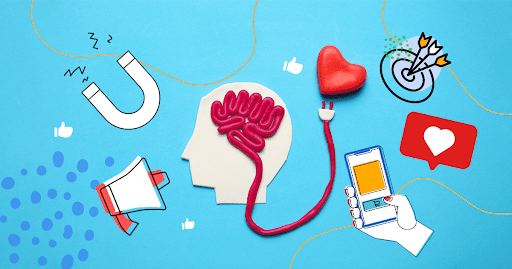
It is a marketing strategy that focuses on stimulating feelings and emotions in consumers instead of relying solely on traditional facts and information. The goal of this strategy is to create a strong emotional connection between the consumer and the product or brand, making customers feel connected to the emotional value of the product.
Examples of emotional marketing:
1. Influential advertisements: such as those that focus on family values, love, joy, or even sadness.
2. Human stories: where real or imaginary stories are used to make the consumer feel emotionally connected to the product.
3. Sense of belonging: by creating communities or groups around the brand, which enhances the sense of belonging.
4. Nostalgia: using elements or themes that bring back childhood memories or happy past stages in consumers' lives.
Benefits of emotional marketing:
- Increase brand loyalty.
- Improve customer retention rates.
- Raise the value of the product in the eyes of the consumer.
- Improve the customer experience, which enhances the brand's reputation.
By using emotional marketing effectively, companies can enhance customer attachment to their brands and increase their chances of success in the markets.
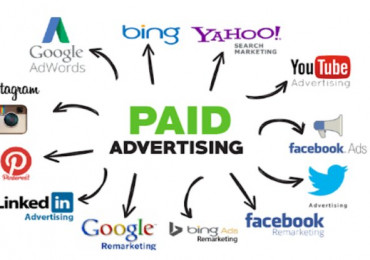
20/08/2024

20/08/2024

22/08/2024

25/08/2024
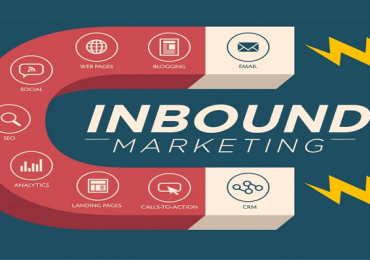
16/08/2024

20/08/2024

30/08/2024
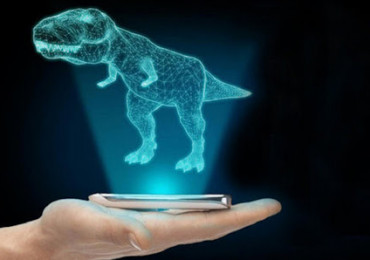
31/08/2024

30/08/2024
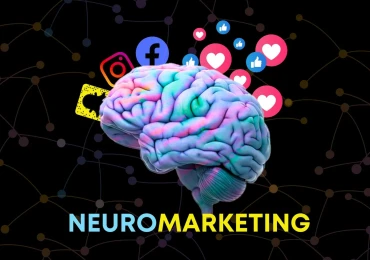
15/08/2024

15/08/2024

20/08/2024

01/09/2024

01/09/2024

14/08/2024

20/08/2024
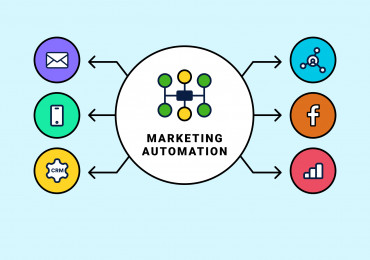
26/08/2024

22/08/2024
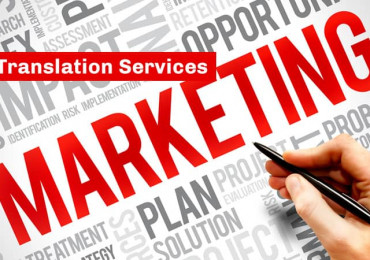
01/09/2024

26/08/2024